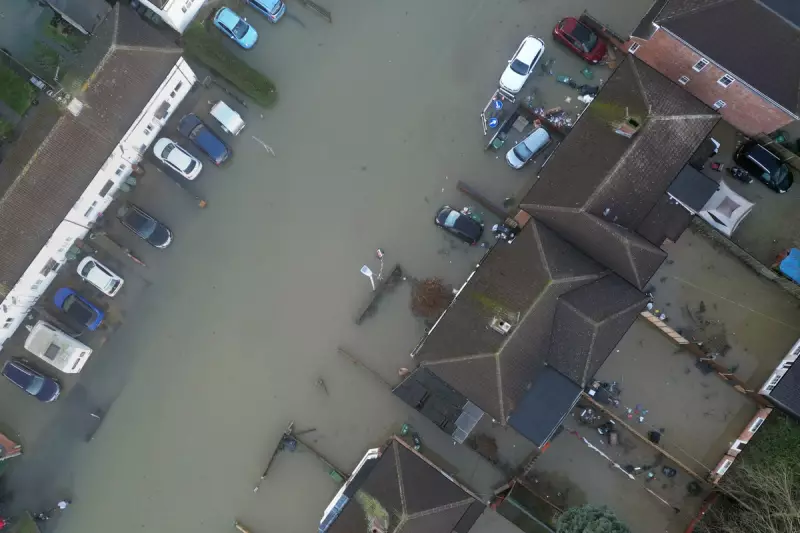
The government stands accused of delivering a devastating blow to England's wildlife after secretly abandoning crucial environmental safeguards for new housing developments.
In a move that has sparked outrage among conservation groups, ministers have removed the legal requirement for local councils to ensure new developments provide a 10% net gain in biodiversity - a key protection that had been hailed as a world-leading environmental measure.
Quiet Abandonment Sparks Fury
The dramatic policy reversal was buried within the Department for Levelling Up's latest consultation document, revealing that the mandatory biodiversity net gain rules for Nationally Significant Infrastructure Projects would be scrapped entirely.
Friends of the Earth campaigner Dr. Paul de Zylva didn't mince words, declaring: "The government has effectively declared open season on our natural world. This isn't just backtracking - it's an outright assault on environmental protections that were supposed to be non-negotiable."
What's Been Lost?
The abandoned regulations would have compelled developers to:
- Deliver a minimum 10% improvement in biodiversity for all major projects
- Protect and enhance existing natural habitats
- Ensure wildlife corridors remain intact
- Create new green spaces as part of development plans
Natural England, the government's own environmental watchdog, had championed these measures as essential for reversing decades of ecological decline.
Government Defends Position
A government spokesperson responded to the criticism, stating: "We remain committed to biodiversity net gain as a fundamental principle. However, we're streamlining processes to accelerate vital infrastructure while maintaining environmental standards."
But conservationists argue the timing couldn't be worse, with England already facing what experts describe as an "ecological emergency" with many species in steep decline.
Broader Implications
This controversy emerges against a backdrop of growing concern about the government's environmental credentials, particularly following recent decisions to roll back other climate commitments.
As Dr. de Zylva starkly warned: "When protections become optional, they cease to be protections. We're witnessing the systematic dismantling of environmental safeguards that took decades to establish."





